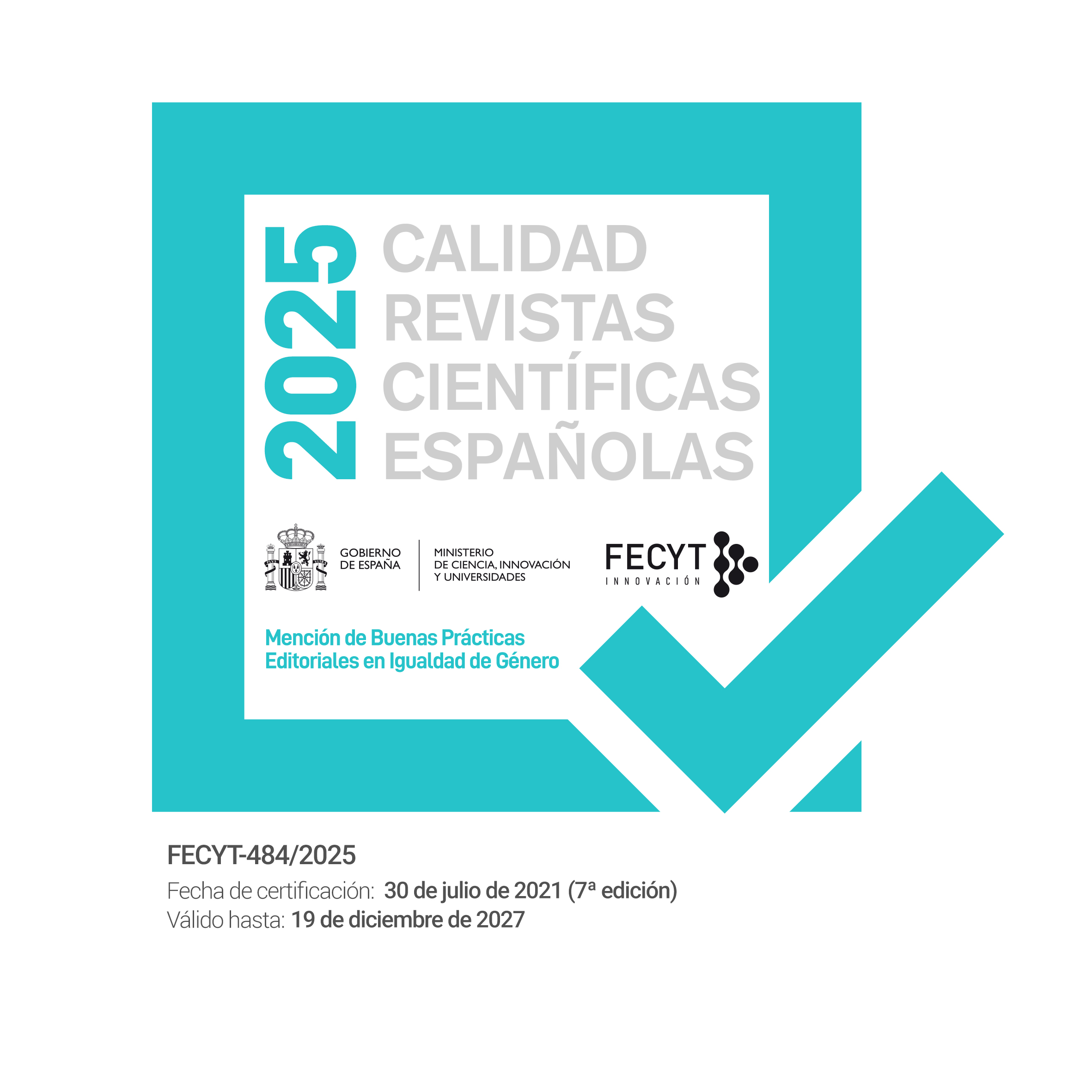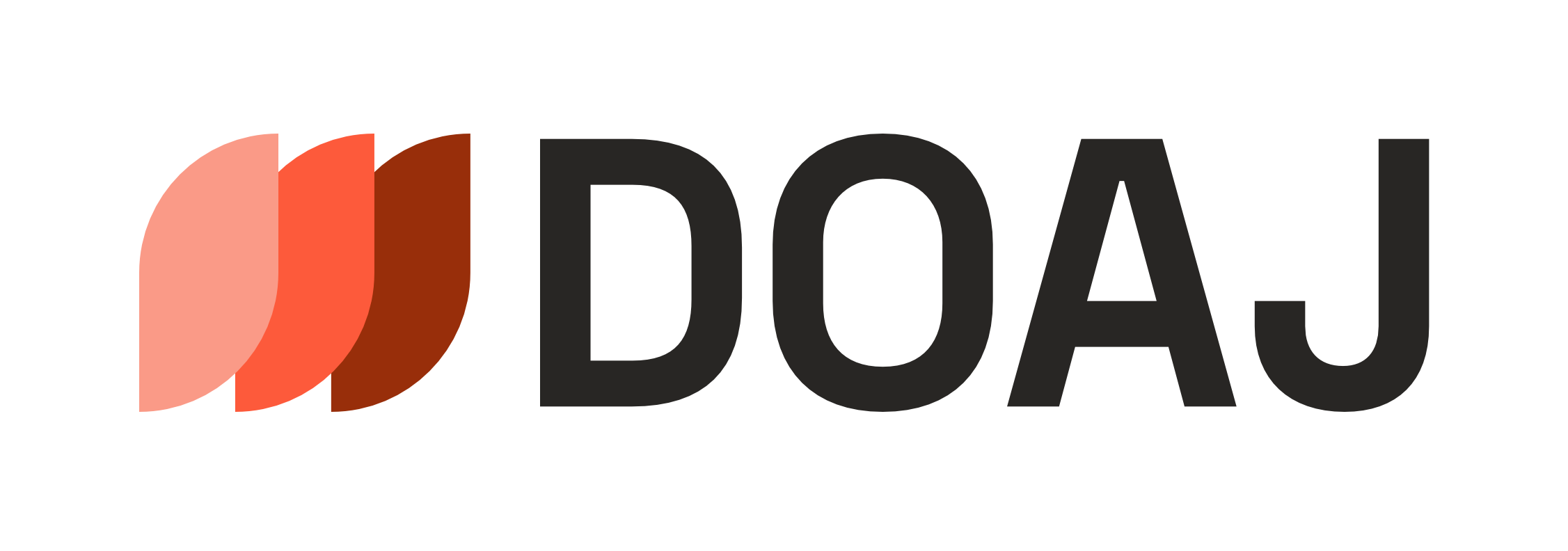Pädagogik, disciplinary institutionalization and dictatorships: on the history of a disciplinary field and its problems
DOI:
https://doi.org/10.5944/hme.12.2020.27066Keywords:
Educational sciences, Pädagogik, disciplinary field, institutionalization, CommunismAbstract
This essay reflects on the questions posed by historical research regarding the institutionalization of educational sciences and Pädagogik, on the occasion of the publication of the book Education and «Pädagogik»: philosophical and historical reflections (Central, Southern and South-Eastern Europe), edited by Blanka Kudláčová and Andrej Rajský. In a first part, the essay deals with the problems of translating into English the concepts used to account for European continental cases and the dangers of misrepresenting their historical logic. A second part focuses on the discussion of the chapters of the book and defends the need to advance in a theoretical framework on the boundary between science and politics in the case of dictatorships and o allow for the experience of the former communist countries to be included.
Downloads
References
Alvarez González, Yasmina. «La pedagogía española bajo el primer franquismo, 1939-1959. Reorientación disciplinar e institucionalización». PhD diss., Universidad de La Laguna, 2019.
Becher, Tony. Academic Tribes and Territories: intellectual enquiry and the cultures of disciplines. Milton Keynes: Open University Press, 1989.
Canales, Antonio Fco. «From soul to matter: the new Spanish Francoist pedagogy’s plunge into experimental pedagogy and the influence of Raymond Buyse». Paedagogica Historica 55, no. 3 (2019): 451-469.
Canales, Antonio Fco. «La política científica de posguerra». In Ciencia y fascismos: la ciencia española de posguerra, edited by Amparo Gómez and Antonio Fco. Canales, 105-135. Barcelona, Laertes, 2009.
Drewer, Peter and Christoph Lüth (eds.). History of Educational Studies. Gent: Universiteit, 1998. Paedagogica Historica Supplementary 3.
Gómez Rodríguez, Amparo and Brian Balmer. «Ciencia y política: una cuestión de fronteras». In Estudios políticos de la ciencia. Políticas y desarrollo científico en el siglo XX, edited by Amparo Gómez and Antonio Fco. Canales., 15-34. Madrid: Plaza y Valdés, 2013.
Gómez Rodríguez, Amparo, Antonio Fco. Canales and Brian Balmer. «Science Policy under Democracy and Dictatorship: An Introductory Essay». In Science Policies and Twentieth-Century Dictatorships. Spain, Italy and Argentina, edited by Amparo Gómez, Brian Balmer and Antonio Fco. Canales, 1-26. London:Routledge, 2016.
Gómez Rodríguez, Amparo. «Ciencia y pseudociencia en los regímenes fascistas». In Ciencia y fascismos: la ciencia española de posguerra, edited by Amparo Gómez and Antonio Fco. Canales, 13-47. Barcelona, Laertes, 2009.
Gómez Rodríguez, Amparo. «The 'Social Contract' for Spanish Science before the Civil War». In Science Policies and Twentieth-Century Dictatorships. Spain, Italy and Argentina, edited by Amparo Gómez, Brian Balmer and Antonio Fco. Canales, 27-58. London:Routledge, 2016.
Hofstetter, Rita and Bernand Schneuwly (eds.). Emergence des sciences de l'éducation en Suisse à la croisée de traditions académiques contrastées. Fin du 19e - première moitié du 20e siècle. Bern: Peter Lang, 2007.
Kudláčová, Blanka and Andrej Rajský (eds.). Education and «Pädagogik»: hilosophical and historical reflections (Central, Southern and South-Eastern Europe). Frankfurt: Peter Lang, 2019.
Stichweh, Rudolf. Wissenschaft, Universität, Professionen. Frankfurt: Sührkamp, 1994.
Downloads
Published
How to Cite
Issue
Section
License
Authors who publish in Historia y Memoria de la Educación agree to the following terms:
- Authors retain copyright and grant the journal right of first publication with the work simultaneously licensed under a Creative Commons Attribution-NonCommercial 4.0 International that allows others to share the work with an acknowledgement of the work's authorship and initial publication in this journal.
- Authors are able to enter into separate, additional contractual arrangements for the non-exclusive distribution of the journal's published version of the work (e.g., post it to an institutional repository or publish it in a book), with an acknowledgement of its initial publication in this journal.
- Authors are permitted and encouraged to post their work online (e.g., in institutional repositories or on their website) prior to and during the submission process, as it can lead to productive exchanges, as well as earlier and greater citation of published work (See The Effect of Open Access).












